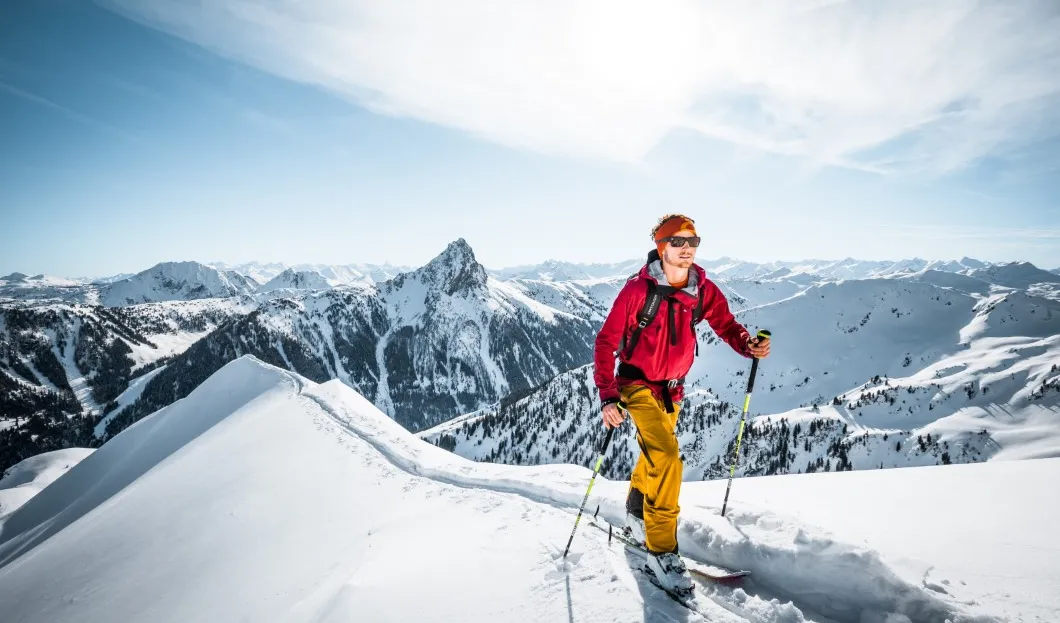
Studies show that in no other EU country does sport play such an important economic role as in Austria. Across the European Union, sport contributes to the GDP at a 2.12% rate on average.
This includes sport-related services, education, accommodation, and catering services as well as retail. In Austria, the share is almost twice as high at 4.12%. The employment effect is even greater at 5.63% (2.72% in the EU on average).
The reason for Austria’s special position lies in sport tourism. 58% of overnight stays are classified as relevant in terms of sports and not only in the winter but increasingly also in the summer days. Thus, sport tourism in Austria alone is as strong as the whole sector in Croatia or Poland.
If you break that down at the community level, there are big differences. Tourism makes a significant contribution to economic performance, especially in central and western Austria. Some places are completely dependent on tourism – not only to winter tourism. The average top 30 tourism community has only 1,042 inhabitants.
Moorbach Harbach in the Waldviertel has the highest tourist share, followed by Hinterhornbach in the district of Reutte, Grän in the Tannheimer Valley / Tyrol, Weißensee and Tweng. Some of the more famous destinations such as Bad Kleinkirchheim (16th) or Sölden (24th) appear to be somewhat behind. On an arithmetic average, 57% of the top 30 municipalities have a sport share of more than 50%.
In the past, Austrian winter sports resorts became famous due to the World Ski Championships or the Olympics. In its perception as a sportive winter destination, Innsbruck is still suffering from the 1976 Olympic Games. Now Graz and Schladming want to apply for the 2026 Olympics.
Critics say that such giant events cost almost always more than they bring. In addition, the IOC and FIFA/UEFA only want to cooperate with states that still use sports as a propaganda guise or as a marketing tool in the global marketplace.
This is not exactly the need of Austria. Nevertheless, the 2006 FIFA World Cup in Germany and the EURO 2008 in Austria and Switzerland were able to report a very positive effect on the images of the countries. Meanwhile, the Ski World Cup in Schladming in 2013 consumed almost twice as many public funds as predicted. The measurement of the economic effects is still pending.
In general, however, Austria needs better sports facilities. Outside the well-stocked ski sports: an ice rink operating all year round, better training centers, permanent ski racetracks.
Promoters of major events call on the country to apply for the summer games alongside neighboring countries. This could solve the long-delayed infrastructure problems. Vienna has benefited enormously from the EURO 2008 in the development of the underground. Moreover, these events create a “crowding-in effect” – sport enthusiasts bring them not so sportive family members, who can enjoy the non-sportive side of the venue.
These events make the brand grow and without sport tourism, Austria’s economy would be significantly weaker. This is why experts want a higher perception and stress on the sport as an economic factor during the forthcoming EU Council membership in Austria, EU-wide and also in Austria itself.









